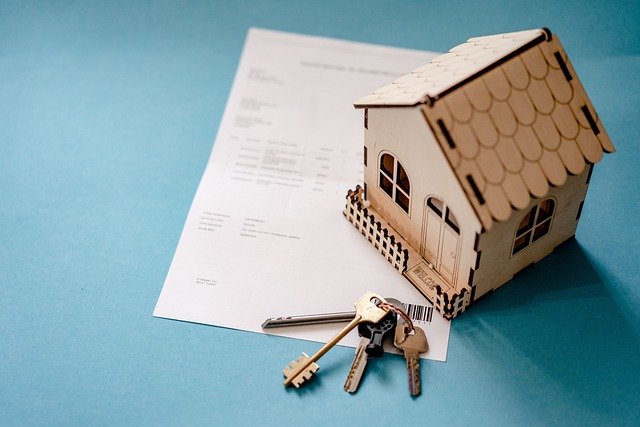How to Find a Reputable Labrador Retriever Puppies
When looking for dogs for sale—especially Labrador Retriever puppies—finding a reputable source to secure your perfect furry family friend is paramount. This article guides you through how to find trustworthy Labrador Retriever puppies and ensure they come from a reliable home.

Labrador Retrievers remain one of Britain’s most cherished dog breeds, celebrated for their friendly nature, trainability, and adaptability to family life. The breed’s popularity has unfortunately attracted unscrupulous breeders who prioritise profit over animal welfare. Distinguishing between responsible breeding practices and puppy farms requires knowledge and patience, but this effort protects both prospective owners and the dogs themselves.
Key Tips to Find Reputable Sources for Labrador Retriever Puppies
Authentic breeders demonstrate genuine commitment to breed improvement and puppy welfare. Begin your search by consulting The Kennel Club’s Assured Breeder Scheme, which maintains standards for health testing, breeding practices, and puppy care. Quality breeders willingly provide health certificates for both parents, including hip and elbow scoring, eye clearances, and genetic testing for hereditary conditions common in Labradors.
Established breeders typically specialise in one or two breeds rather than offering numerous varieties. They maintain detailed breeding records, encourage visits to meet the puppy’s parents, and ask prospective owners detailed questions about their lifestyle and experience. Avoid sources that refuse home visits, cannot provide health documentation, or pressure immediate purchases without proper consideration time.
Evaluating Labrador Retriever Puppies Homes: Signs of Reliability
Visiting the breeding environment reveals crucial information about puppy quality and breeder standards. Responsible facilities maintain clean, spacious areas where puppies interact with their mother and littermates. The environment should appear well-maintained without overwhelming odours or signs of overcrowding. Puppies should have access to appropriate stimulation and socialisation opportunities during their crucial early development period.
Reliable breeders provide comprehensive puppy information including vaccination records, worming schedules, feeding guidelines, and socialisation activities completed. They offer lifetime support, including advice on training, health concerns, and behavioural questions. Quality breeders also include contracts specifying health guarantees, return policies, and spaying/neutering requirements for pet-quality puppies.
Steps to Pick Your Perfect Labrador Retriever Puppy for the Family
Selecting an individual puppy requires careful observation of temperament and physical characteristics. Spend time watching the litter interact, noting personality differences between siblings. Some puppies display more confident, outgoing behaviour while others appear gentler and more reserved. Consider your family’s lifestyle, activity level, and experience when evaluating which temperament suits your household best.
Handle potential puppies gently to assess their response to human interaction. Well-socialised puppies should appear curious about new people, comfortable with gentle restraint, and responsive to voice commands. Avoid puppies showing excessive fearfulness, aggression, or lethargy, as these traits may indicate underlying health or temperament issues requiring professional intervention.
| Source Type | Average Cost Range | Key Considerations |
|---|---|---|
| Kennel Club Assured Breeders | £800-£1,500 | Health tested parents, comprehensive support |
| Reputable Independent Breeders | £600-£1,200 | Research background thoroughly |
| Rescue Organisations | £150-£400 | May include adult dogs, unknown history |
| Licensed Pet Shops | £500-£1,000 | Limited breeding information available |
Prices, rates, or cost estimates mentioned in this article are based on the latest available information but may change over time. Independent research is advised before making financial decisions.
Schedule multiple visits before making final decisions, allowing time to observe puppy development and confirm your choice. Prepare your home environment with appropriate supplies including bedding, food bowls, toys, and safety equipment before collection day. Discuss transition plans with the breeder, including feeding schedules, veterinary appointments, and training recommendations.
Owning a Labrador Retriever represents a significant long-term commitment spanning 10-14 years. These active dogs require regular exercise, mental stimulation, and consistent training throughout their lives. Budget for ongoing expenses including premium nutrition, annual veterinary care, vaccinations, and potential emergency medical treatments. The initial purchase price represents only the beginning of your financial investment in responsible pet ownership.
Investing time in finding reputable sources and carefully selecting your puppy establishes the foundation for a rewarding relationship. Well-bred, properly socialised Labrador Retrievers develop into loyal, intelligent companions that enrich family life through their gentle nature, playful spirit, and unwavering devotion to their human pack.




